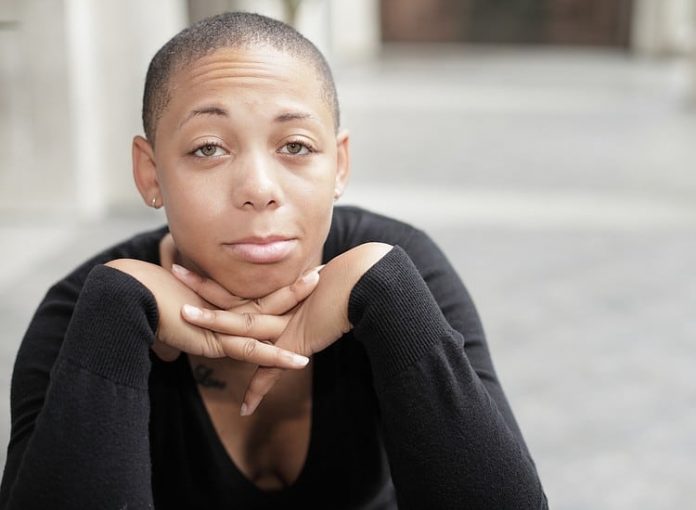Experts say reasons why outcomes differ aren’t clear
Early chemotherapy is less likely to benefit black women with breast cancer than women of other racial and ethnic make-up, according to a new study from the Yale University Cancer Center.
Advanced breast cancer is more common among black, Hispanic and Asian women than the disease is in their white counterparts. For this reason, minority women often receive chemotherapy prior to surgery, also known as neoadjuvant chemotherapy, in an effort to improve their outcomes, researchers said.
But the Yale study of 27,300 women with stage 1 to stage 3 breast cancer showed early chemotherapy was less effective in black patients than in other women.
“African-American women didn’t respond as well to the chemotherapy when a pathologist looked at the tumors under a microscope after [subsequent] surgery,” said study lead author Brigid Killelea, an associate professor of surgery. “We were surprised to see such a significant finding. Even when we controlled for the fact that minority women often present with more advanced-stage, higher-grade tumors, and more aggressive types of breast cancer overall, our team was surprised to find that black women did not respond as well to neoadjuvant chemotherapy compared to other racial groups.”
“Even when we controlled for the fact that minority women often present with more advanced-stage, higher-grade tumors, and more aggressive types of breast cancer overall, our team was surprised to find that black women did not respond as well to neoadjuvant chemotherapy compared to other racial groups.” —Brigid Killelea
Though it’s not clear why early chemotherapy is less effective in black women, the researchers point to differences in sensitivity to chemotherapy, treatment differences, or social and economic factors as possible reasons.
Further research will be needed to better understand the disparities. ”The next step should be to determine which drugs black women respond to and which they don’t,” said study senior author Donald Lannin, M.D., a professor of surgery at Yale. “For future studies, it will be important to have enough black women in the trials, so that we can be certain they benefit equally from new drugs as they are developed.”
Killeen agreed, saying, “These findings are very important. We need to pay close attention to these racial disparities and make sure we’re encouraging black women, and Hispanic women, to participate in clinical trials.”






